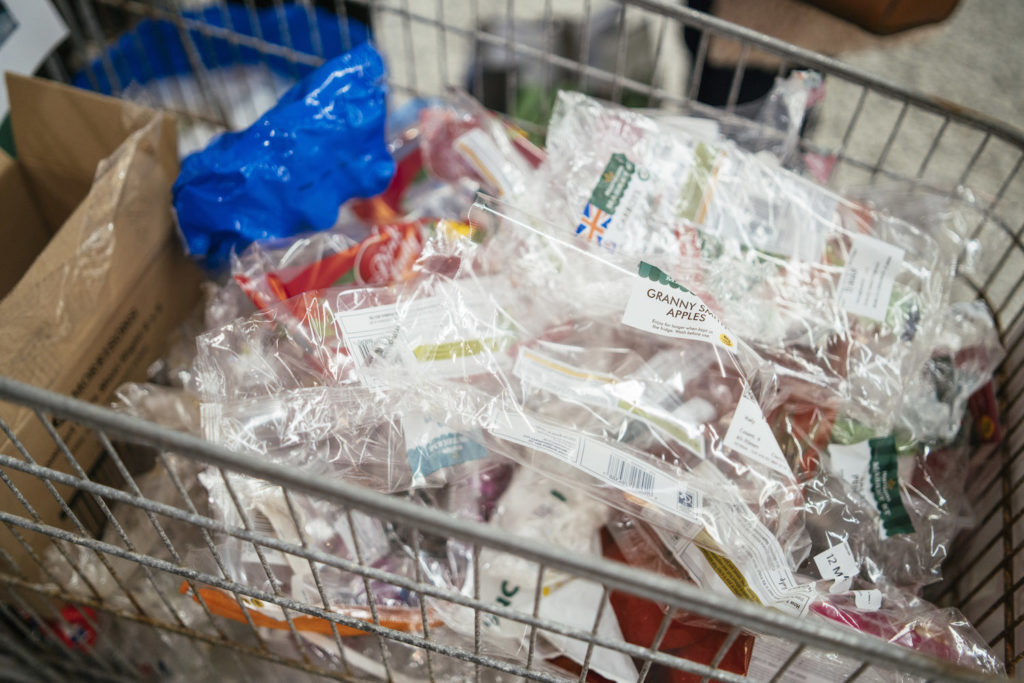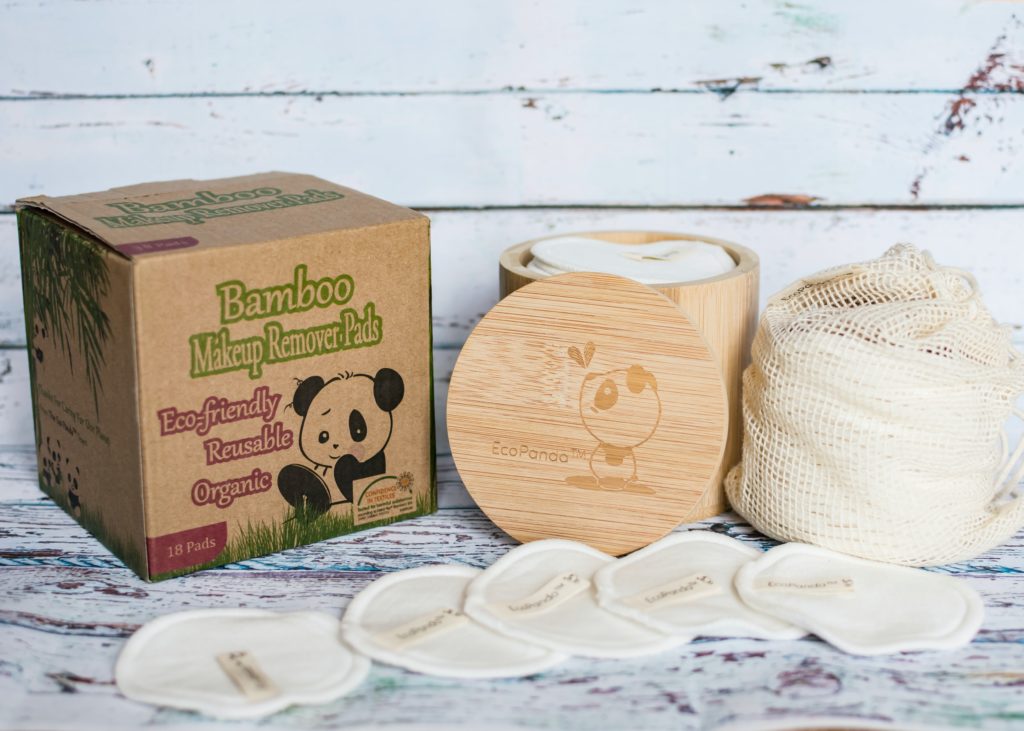As we are moving through this epidemic, people are starting to question what the future will look like. Many posts on social media are sharing ideas that people don’t want to go back to the way things were before Covid-19. The positive benefits that have been highlighted during lockdown are being noticed. The business model seems to be changing, with large businesses wanting to become more sustainable. For me and many like me, it is a dream come true. How many years have we been banging on about the world becoming more ecologically aware and the economy changing to make that happen? Now this little bug is causing changes at a speed beyond our wildest dreams.
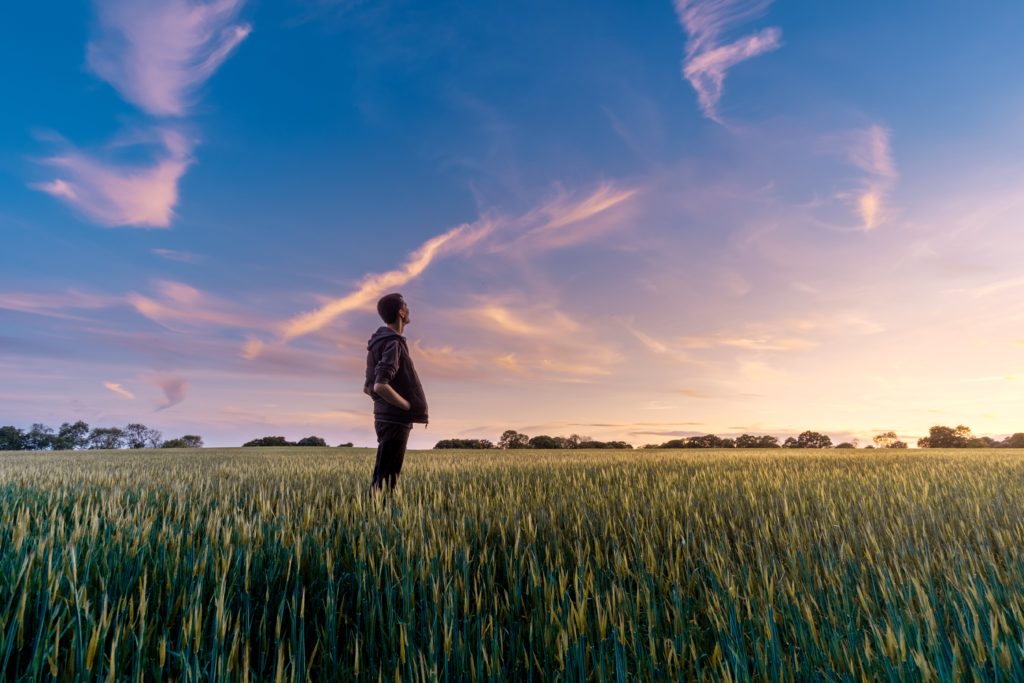
This week I did a phone interview with a lovely lady called Sophie who was writing an article for the Old Waconian- a magazine for people who used to go to Cheadle Hulme School. They had put out a request for old pupils who had an interest or knowledge about living sustainably. I told them a little about my life and they contacted me. At the end of the interview Sophie asked if I would write ten tips for living sustainably.
I started to think about it and realised that there was so much that could be said about each tip, that maybe I should write about them in the weekly blog. At least it will be a distraction from the madness of political leaders (one in particular who doesn’t even need to be named)!
What comes to your mind when someone mentions living sustainably? A common belief seems to be that it is something along the lines of ‘The Good Life’ with homespun jerseys, chickens in the back garden, a healthy looking veg plot and riding a bike for transport. Of course those things are all part of it, but it is so much broader than this. It’s also really important for everyone not to feel daunted by it and to do what they can where they can. Every little bit helps.
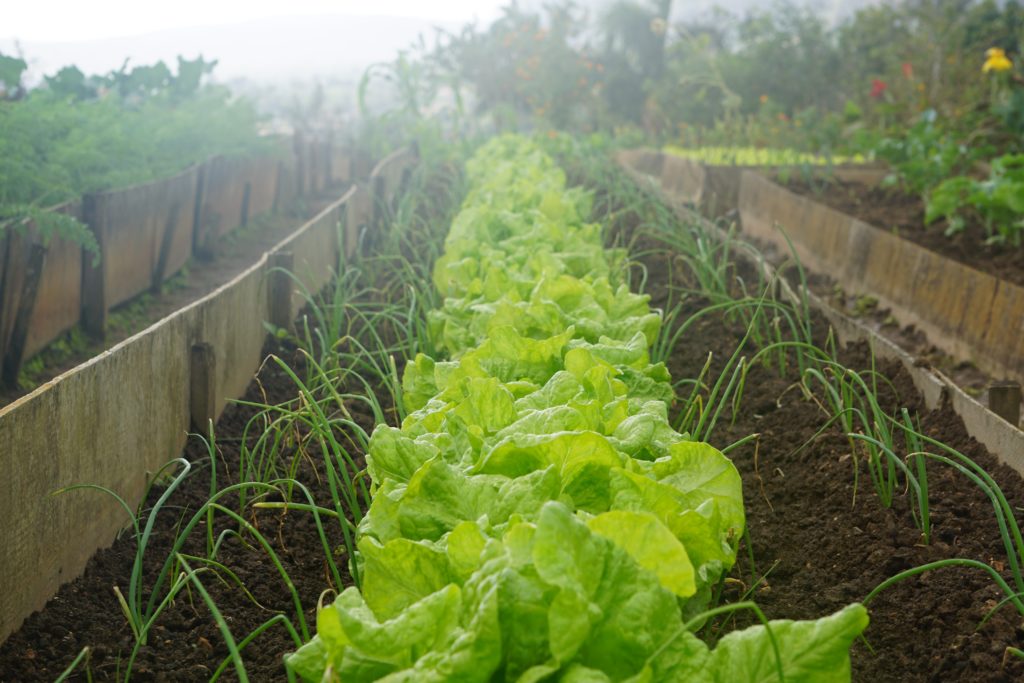
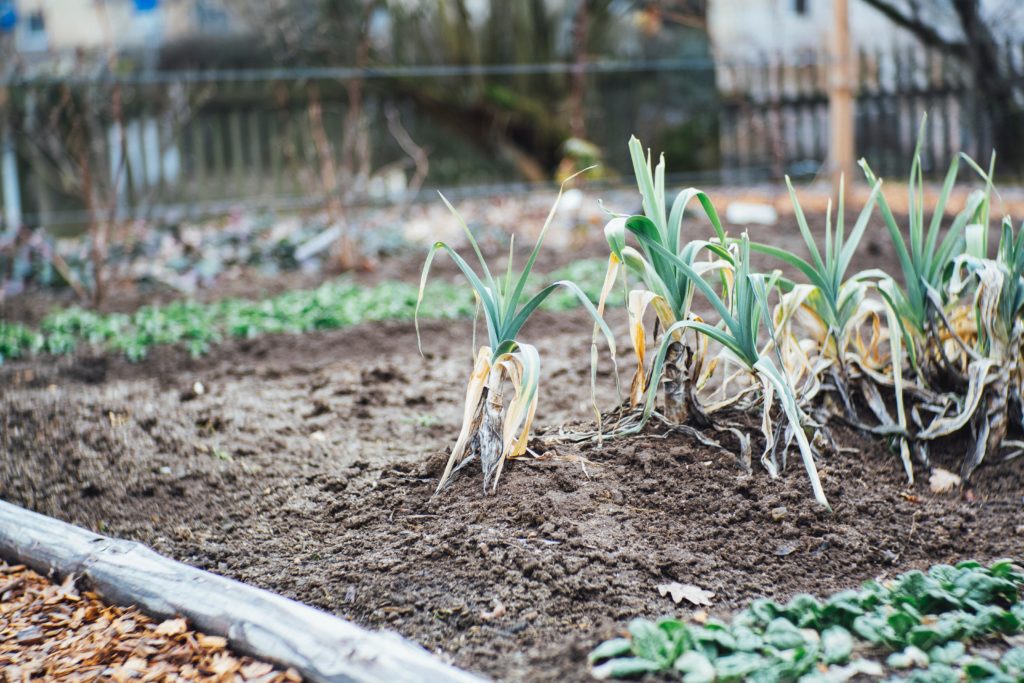
The most important starting place is your mind-set. Once you begin thinking in this way then everything else falls into place. I’m sure lots of people reading this will already be doing many of these things, but talking to Sophie, she made me aware that not everyone is. So hoping I’m not trying to ‘teach my granny to suck eggs’ here we go.
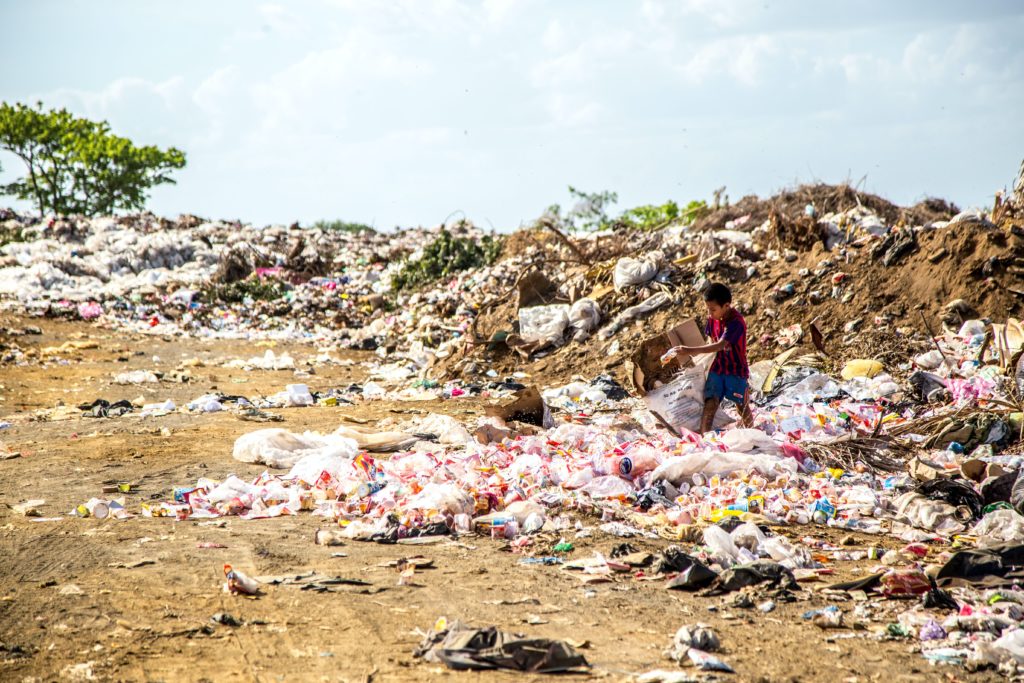
The first biggest thing is to think about what we consume. Look at what we buy, a good example is food, and think about where it comes from. Then think about where the waste it generates will end up. If it is harmful to the environment then think about how we can change that.
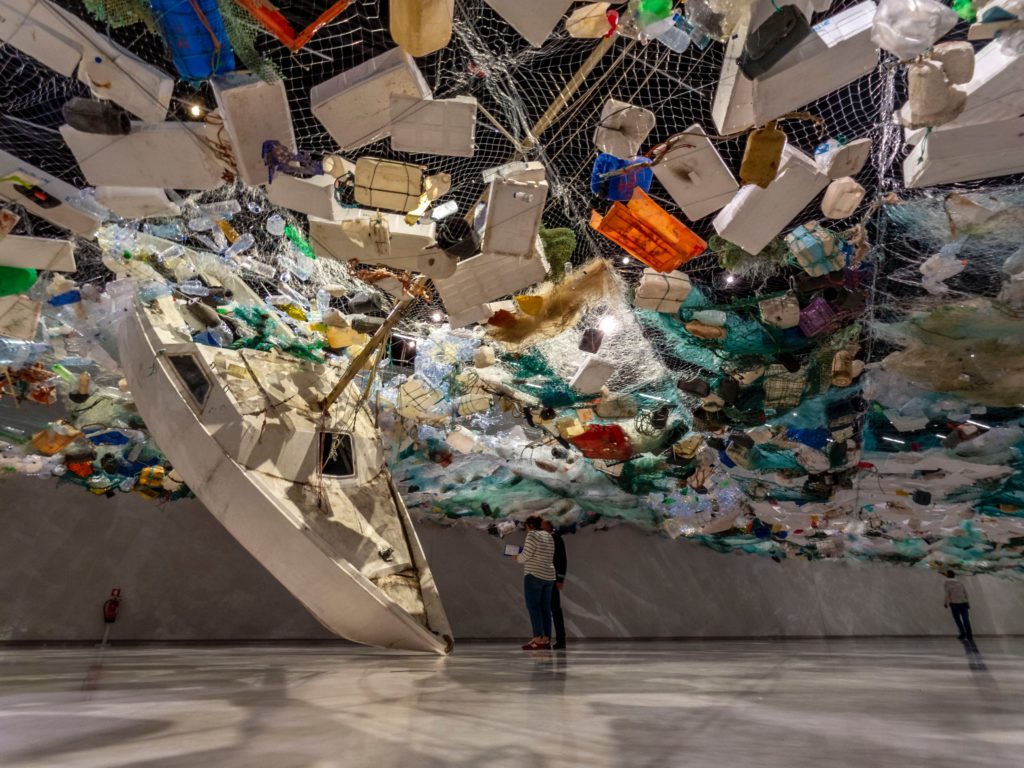
Eating food that is sourced as locally as possible is the best. Growing your own is the optimum but that isn’t a possibility for many people, so trying to buy food which has travelled as few miles as possible is the next option. I couldn’t believe it this week. Talking to my friend in Perthshire, she told me that strawberries from Lancashire were in their local supermarket. When I went to our local supermarket (on the border of Lancashire) the strawberries were from Spain! How mad is that? Needless to say I didn’t buy them.
At the moment it’s much harder to get all my normal shopping without going to the supermarket, although I can still get meat and fish and refills from the market and local shops, which are bliss in comparison to the torment of the supermarket. Thinking about reducing the packaging around the food is so important. I remember in the 1980s going to a conference where the Women’s Environmental Network talked about going into a supermarket and buying a trolley full of goods. They then unwrapped all the goods and left all the packaging in the trolley as a statement; the packaging more than half filled the trolley.
Forty years on and things have hardly changed. Apparently last year the same action took place but en masse across the country (see the link to Positive News above). Hopefully since the Blue Planet impetus more people are waking up to the problem of plastic pollution. We can all do our bit by our shopping choices. I love our local refill shop where I take all my jars to replenish with no packaging.
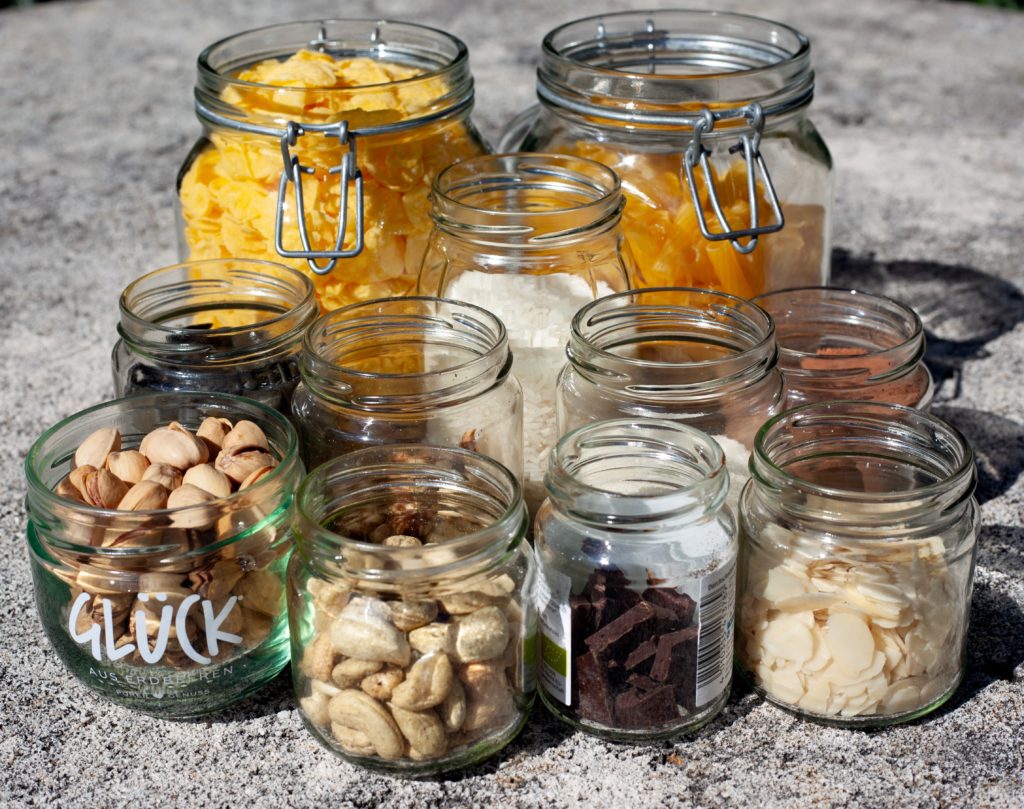
The other thing to consider when buying is to choose sustainable materials over plastic. I love the bamboo toothbrushes and the cardboard cotton buds. I used to feel so bad every time I threw away a plastic cotton bud.
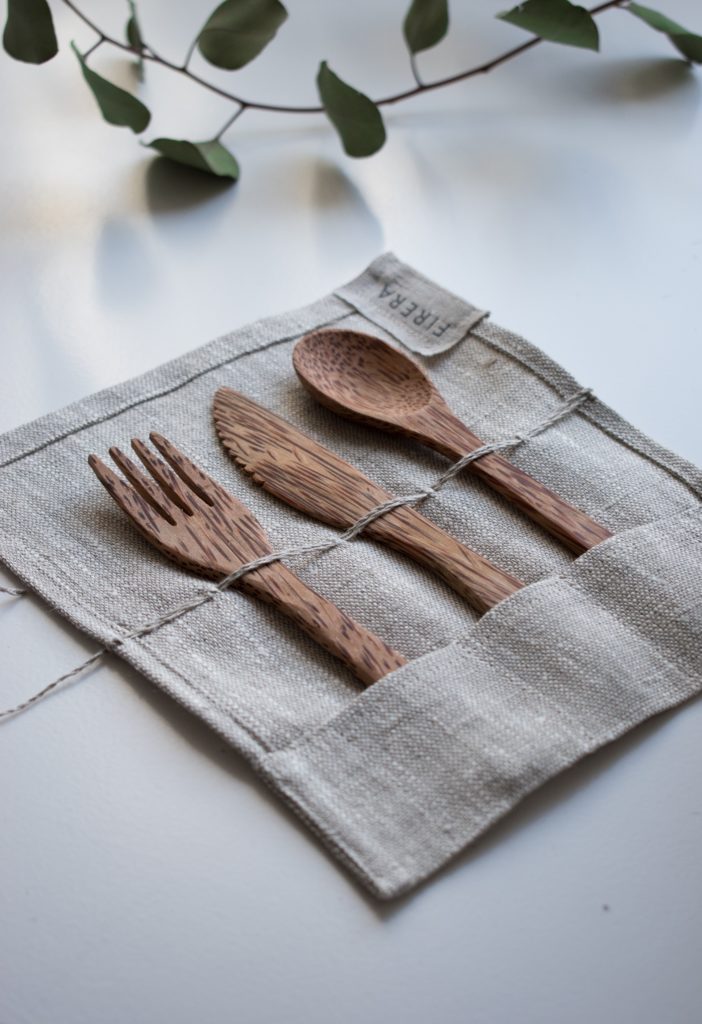
So, grow whatever you can, forage for wild food ( if you can) buy as local as possible and from small local businesses, try to avoid food that is packaged and use refill shops if you can. Try to use your purchase power to change things by supporting wooden, bamboo, hemp or cardboard products above plastic products.
The important thing is not to stress over it- do what you can when you can but don’t go beating yourself up when you have to buy something that has plastic involved. We all do it still but if we try to get out of the habit, bit by bit things will change for the better.
« Back to blog page